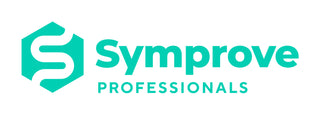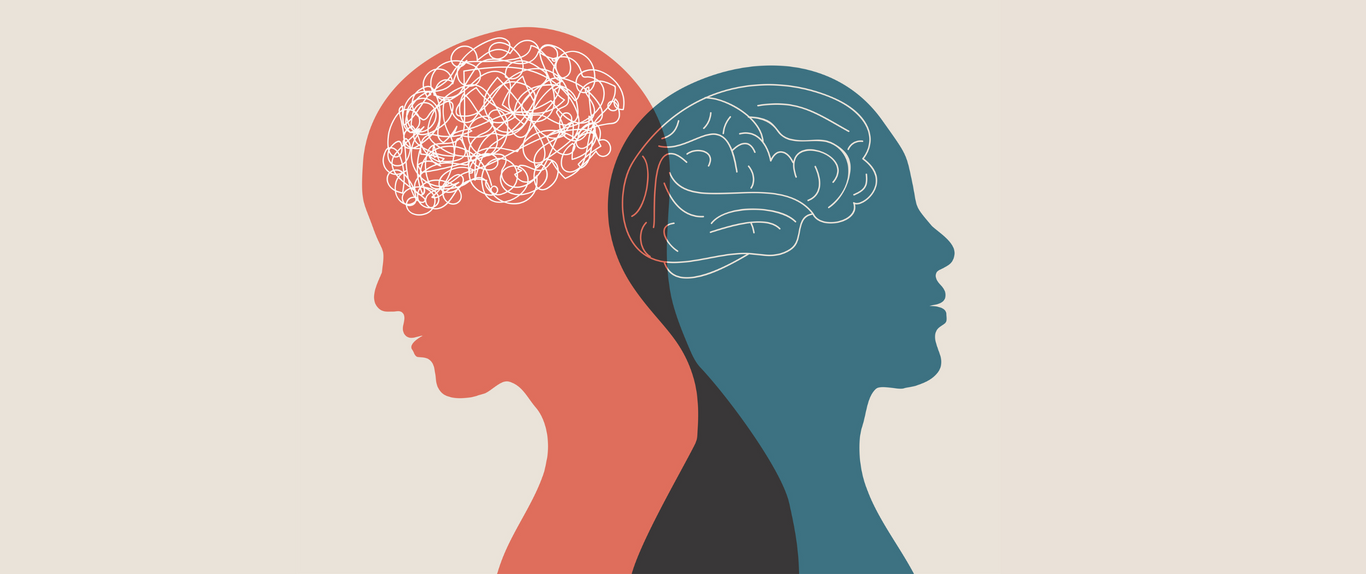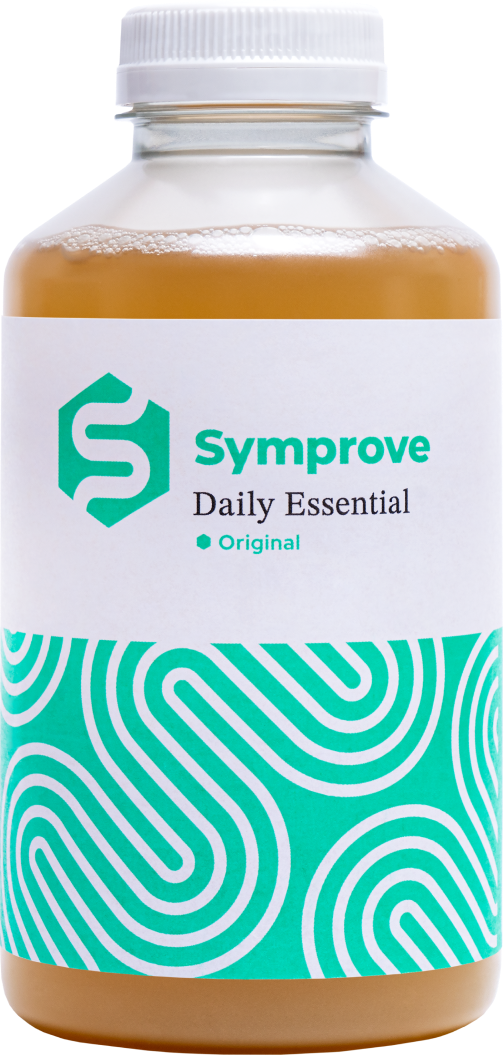Mental health such as depression and anxiety affects around 25% of the UK population.
Typically, antidepressants such as selective serotonin reuptake inhibitors (SSRIs) may be prescribed. However, it’s been suggested around 30% of patients do not respond to antidepressants.
Psychological therapies such as cognitive behavioural therapy (CBT) are common approaches, though time and resource intensive.
In recent years, the impact of diet and some dietary supplements have gained traction as strategies to support mental health.
1. Mediterranean diet
A landmark study called the SMILEs trial showed that diet may be a powerful therapeutic in the management of depressive symptoms.
The focus was a Mediterranean-style diet including twelve key food groups - whole grains, vegetables, fruit, legumes, low-fat and unsweetened dairy foods, raw and unsalted nuts, fish, lean red meats, chicken, eggs and olive oil, whilst reducing intake of ‘extras’ foods, such as sweets, refined cereals, fried food, fast-food, processed meats and sugary drinks.
This study showed that 32% in the dietary intervention group met the criteria for remission of major depression at three months, compared with 8% of the control group.
2. Omega 3 (ω-3 polyunsaturated fatty acids)
Some of the richest dietary sources of omega 3 include oily fish (e.g. salmon, mackerel, sardines). Previous meta-analyses (2016 and 2018) have shown that higher fish consumption is associated with a reduced risk of depression.
Furthermore, several meta-analyses have investigated the effects of omega-3 supplementation (fish oil) in the management of depression. Some studies have concluded that omega 3 show promise in the management of depression, while others are less convincing.
In 2014, the European Food Standards Authority (EFSA) authorised a claim relating to long chain omega 3 fatty acids (docosahexaenoic acid; DHA) contributing to the maintenance of normal brain function.
More recently, the International Society for Nutritional Psychiatry Research (ISNPR) published practice guidelines on omega 3 supplementation in the treatment of major depressive disorder, concluding that pure eicosapentaenoic acid (EPA) or a combination of EPA and DHA (with net EPA starting from at least 1 up to 2 g/day) for at least 8 weeks are recommended as adjunctive treatment for major depressive disorder for pregnant women, children, and the elderly, and prevention in high-risk populations.
3. Psychobiotics
Psychobiotics refer to active compounds that result in mental health benefits. These include probiotics and fibres (such as prebiotics).
For example, some probiotics can directly or indirectly stimulate the release of a range of neurotransmitters. Indeed, Enterococcus and Streptococcus genera are associated with production of serotonin, while Lactobacillus and Bifodobacterium are associated with gamma-aminobutyric acid (GABA).
Although trials in humans have shown single or combination strains can reduce depressive symptoms, research is in its infancy.
Summary
Beyond antidepressants, diet and some dietary supplements hold promise in the management of depression and as a preventative in high-risk populations.
Offering complementary evidence-based dietary strategies helps optimise patient care.



